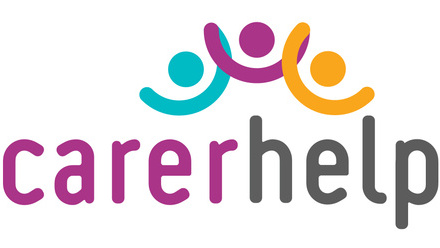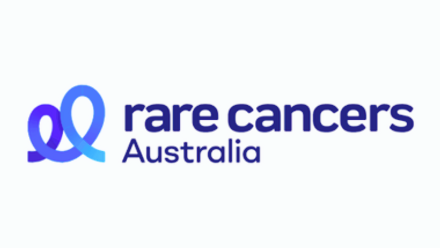The need for improved integration of psychosocial and supportive care in cancer: a qualitative study of Australian patient perspectives
Methods: We conducted semi-structured interviews with nine people diagnosed with cancer who accessed mental health support services or resources during their cancer care. Qualitative analysis using a social-ecological framework identified key themes that shaped their experience.
Results: Psychosocial distress screening was identified as an important facilitator to enable access to needs-based supportive care services. There was strong advocacy for the role of peer support in helping individuals cope with emotional and psychological stressors associated with cancer care. There was a perception that disparities exist in the availability and accessibility of psycho-oncology services outside of metropolitan areas in Australia. Participants acknowledged that even if they had identified unmet supportive care needs and were referred for support, it was not always available, and that inequity exists in the supportive care services available based on cancer type, disease stage, and geographic location.
Conclusion: National policy levers aimed at improving the integration and implementation of psychosocial distress screening in cancer care and addressing inequities in access to supportive care services, such as peer support and psycho-oncologists, are needed to ensure adequate support for psychological wellbeing.
Click here to read the full article.





